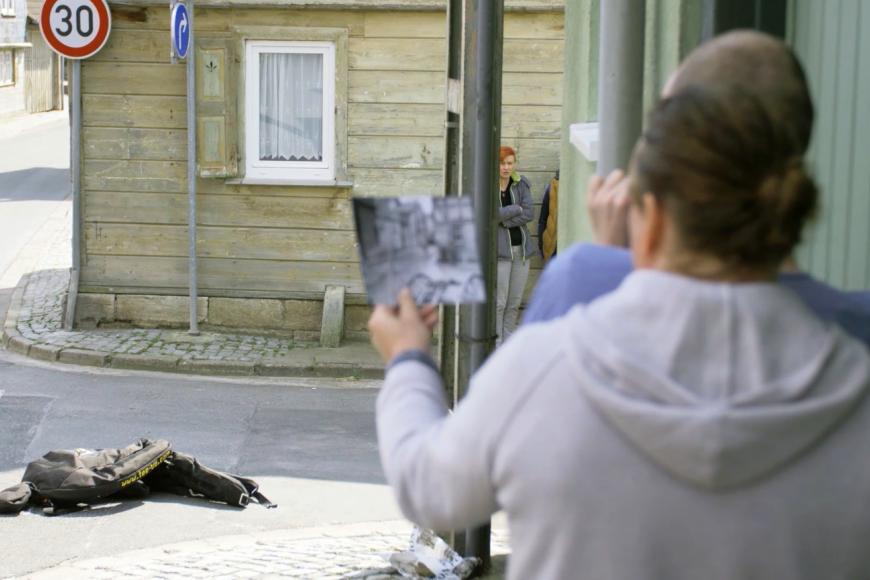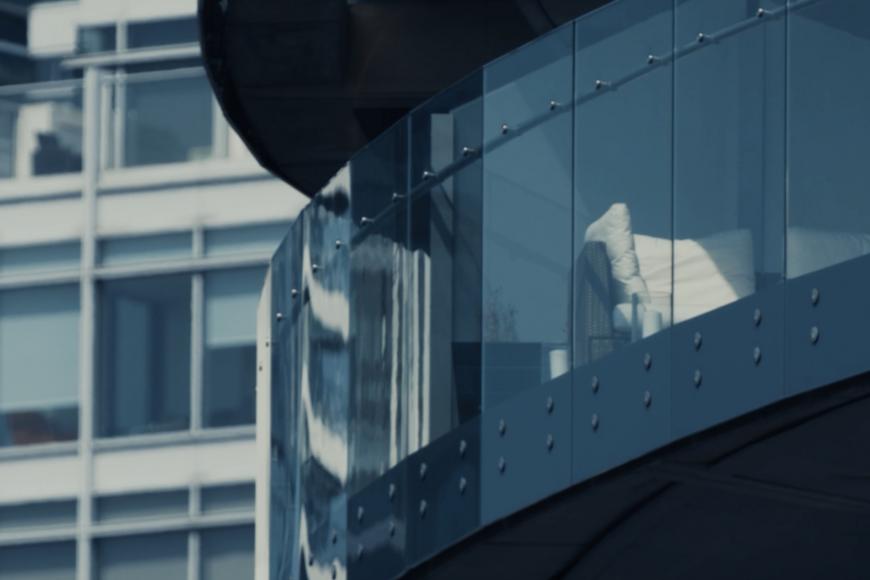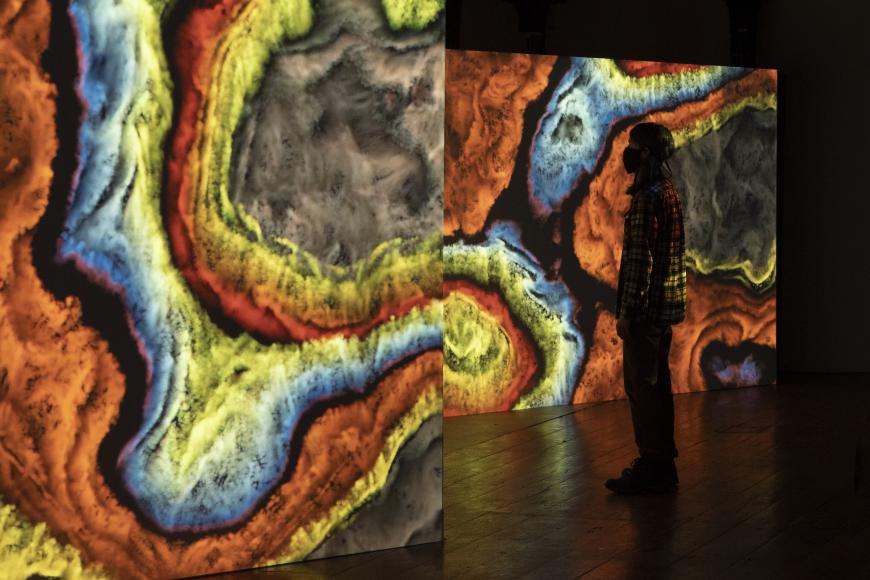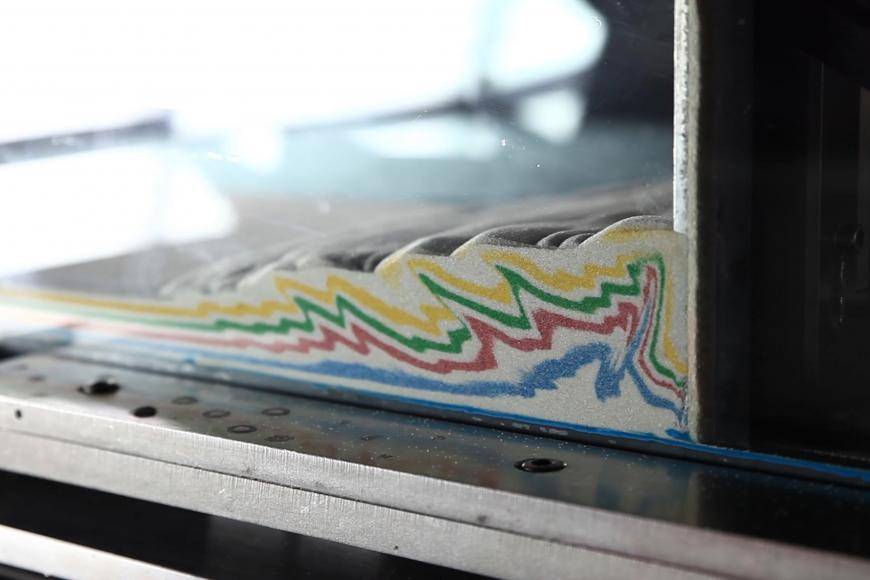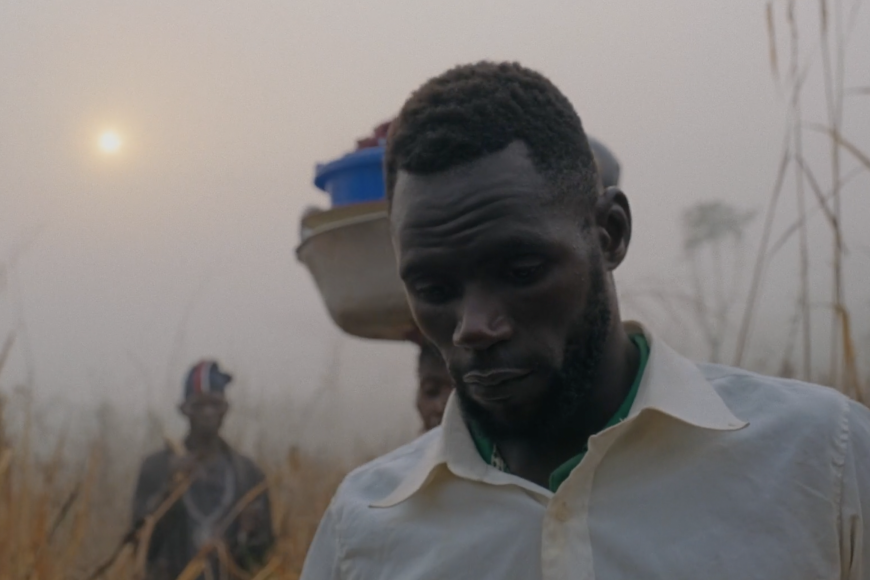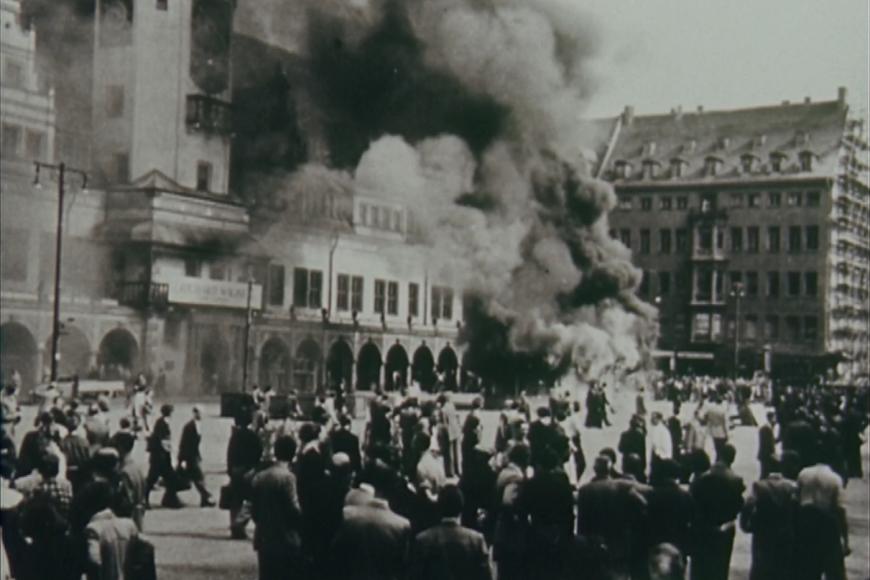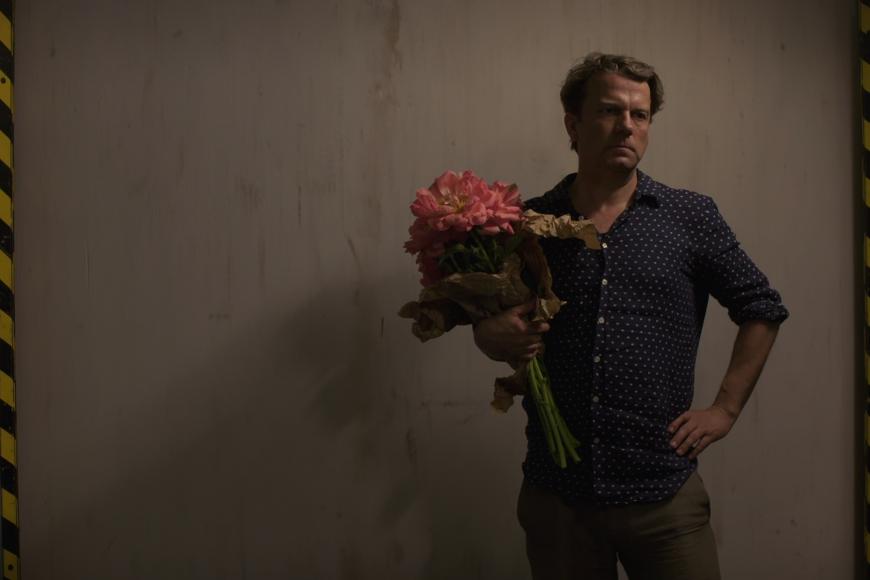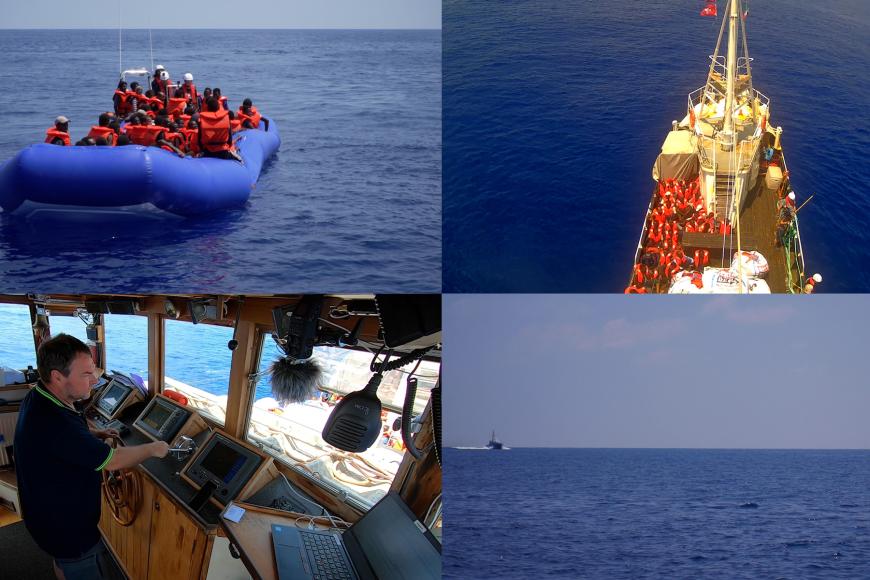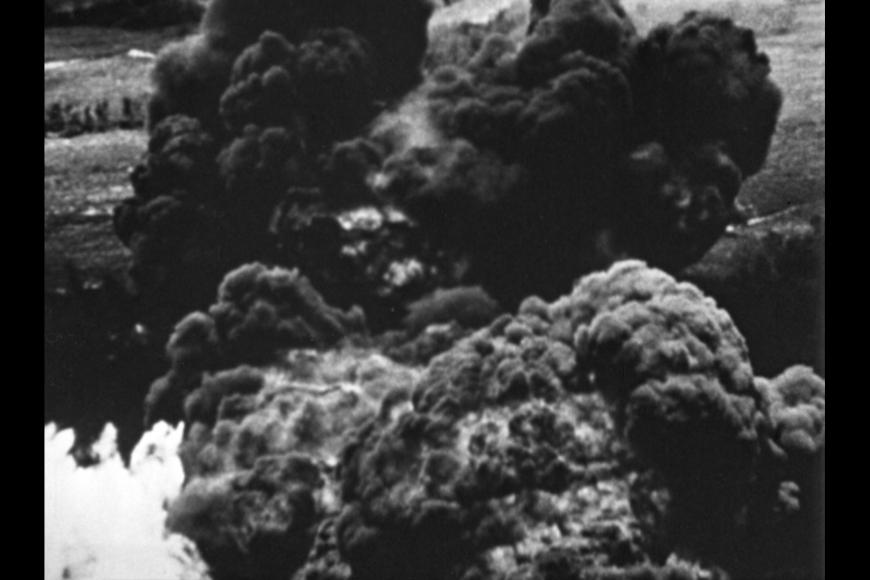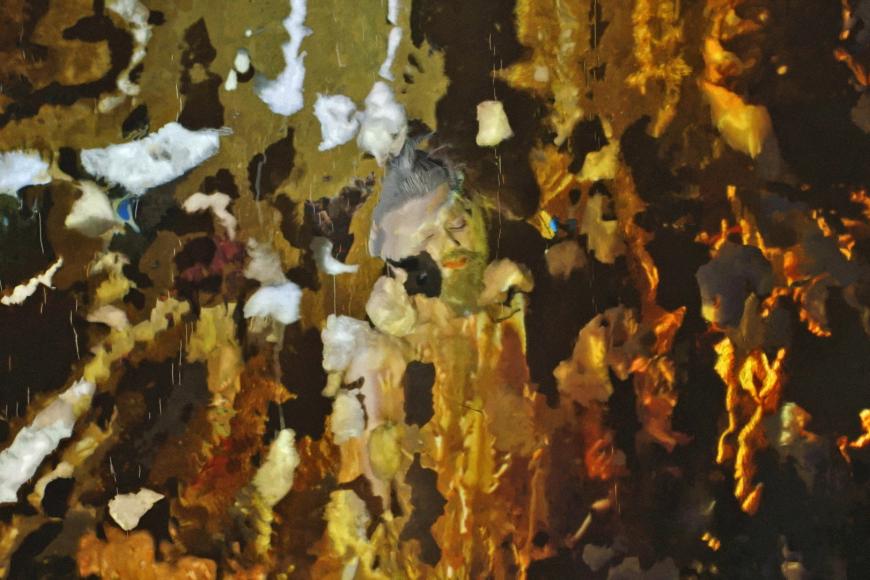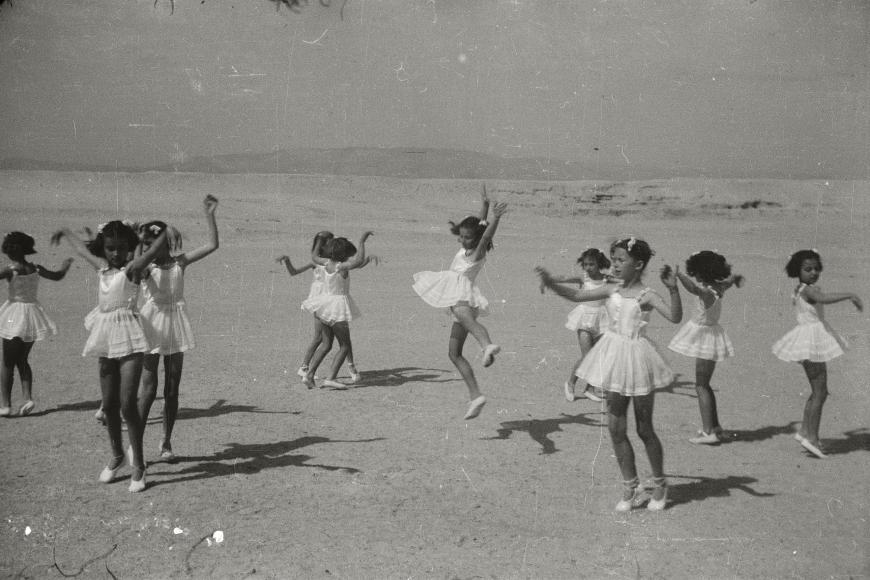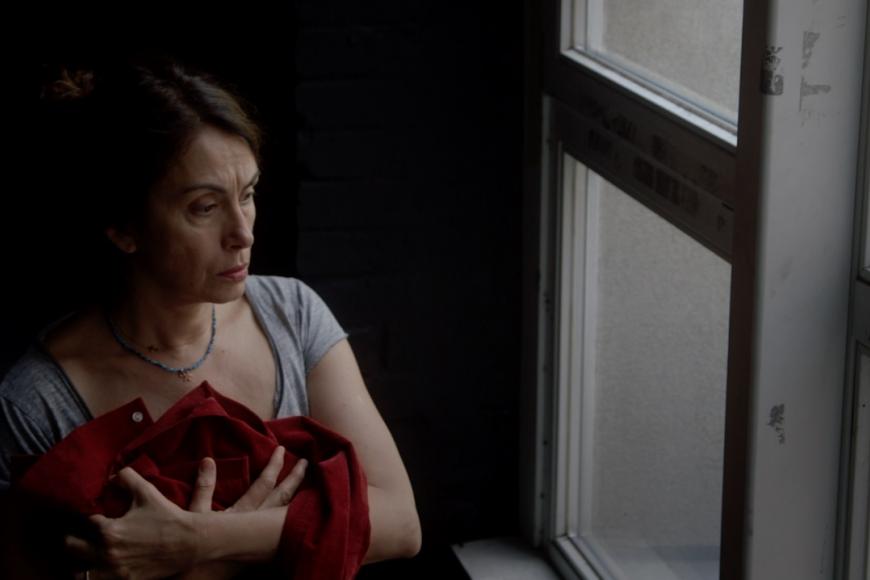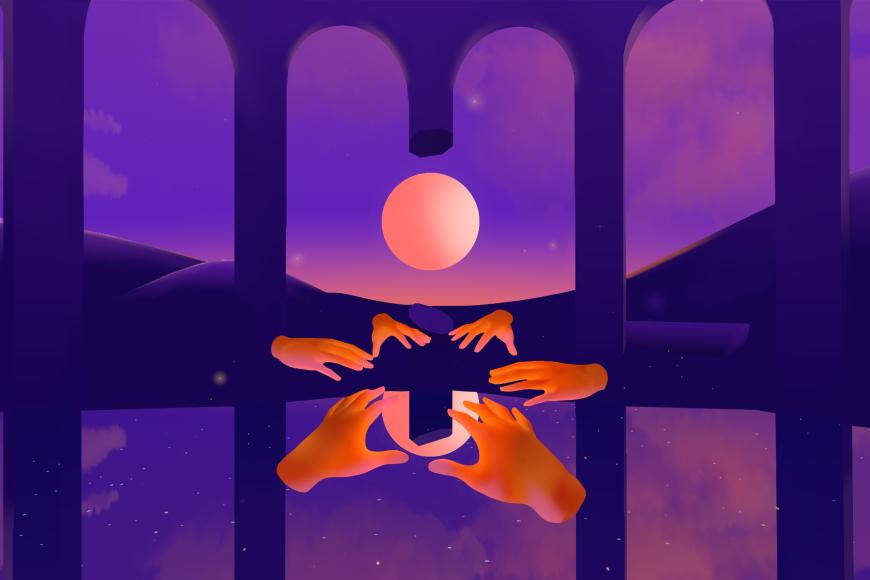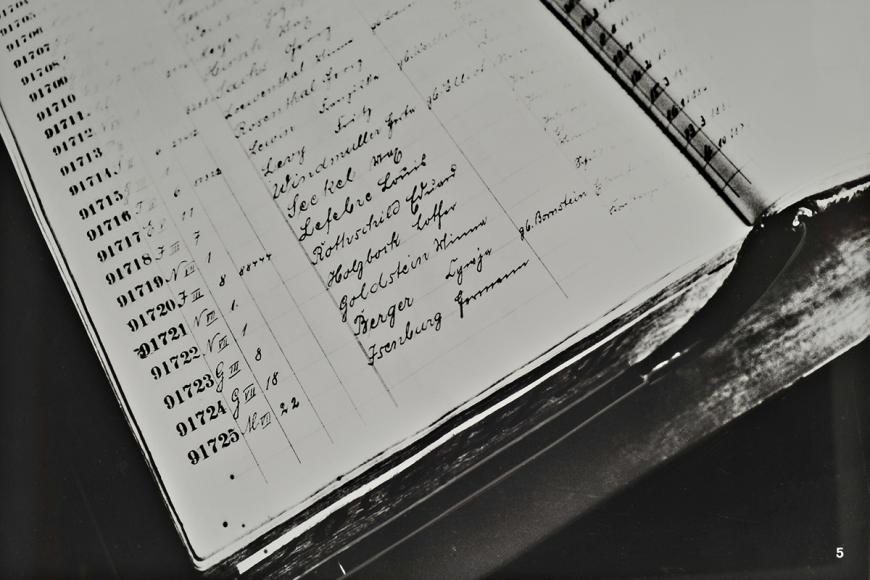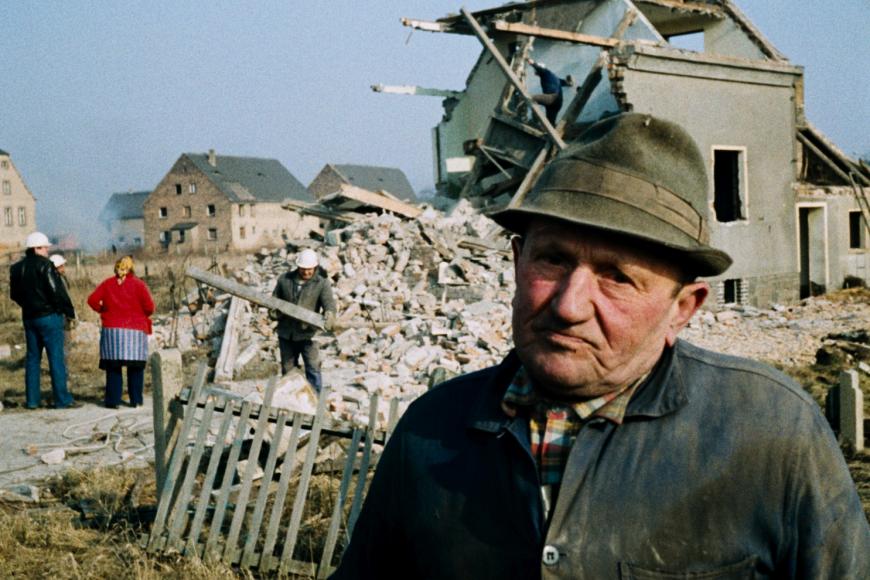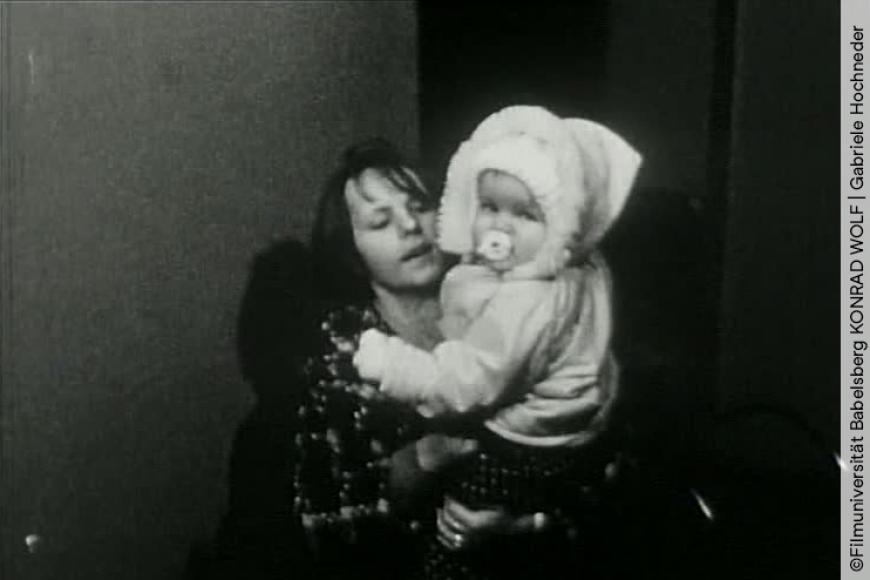
The First Birthday
Silvia Szuprizinski has lived alone with her little daughter for a year now: time to take stock. The young woman talks, her stories commented by Gabriele Hochneder’s pictures of everyday life that tell of efforts. Silvia, leaning against the tiled stove, talks about the failed relationship with the child’s father with detachment, but also with a certain degree of regret. At least her own family are present, all of them at the door in time for the first birthday. Still, Silvia spends her nights alone with herself – and the television. The fact that Hochneder’s film, despite the adversities, does not become a lament is at least partly owing to its sanguine main protagonist.

